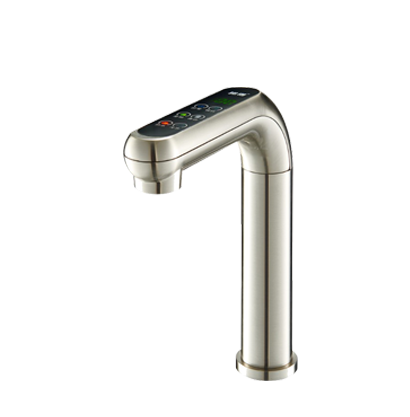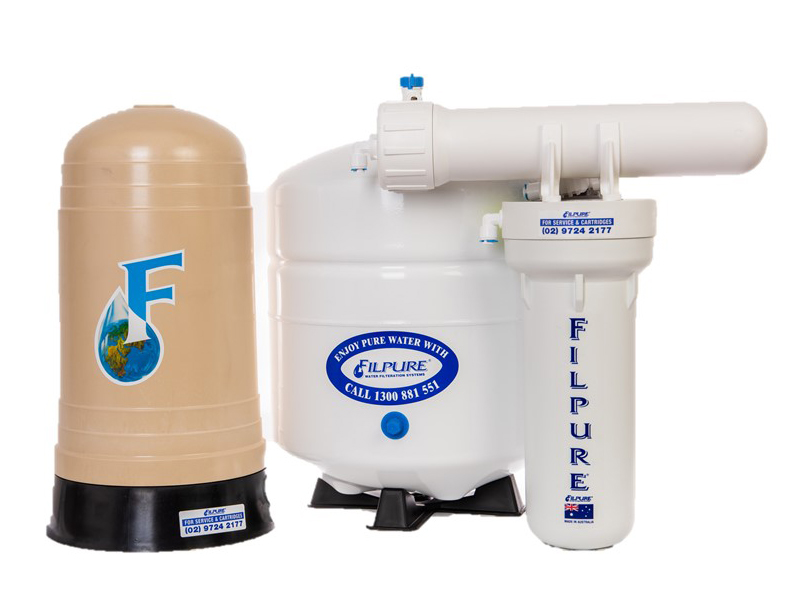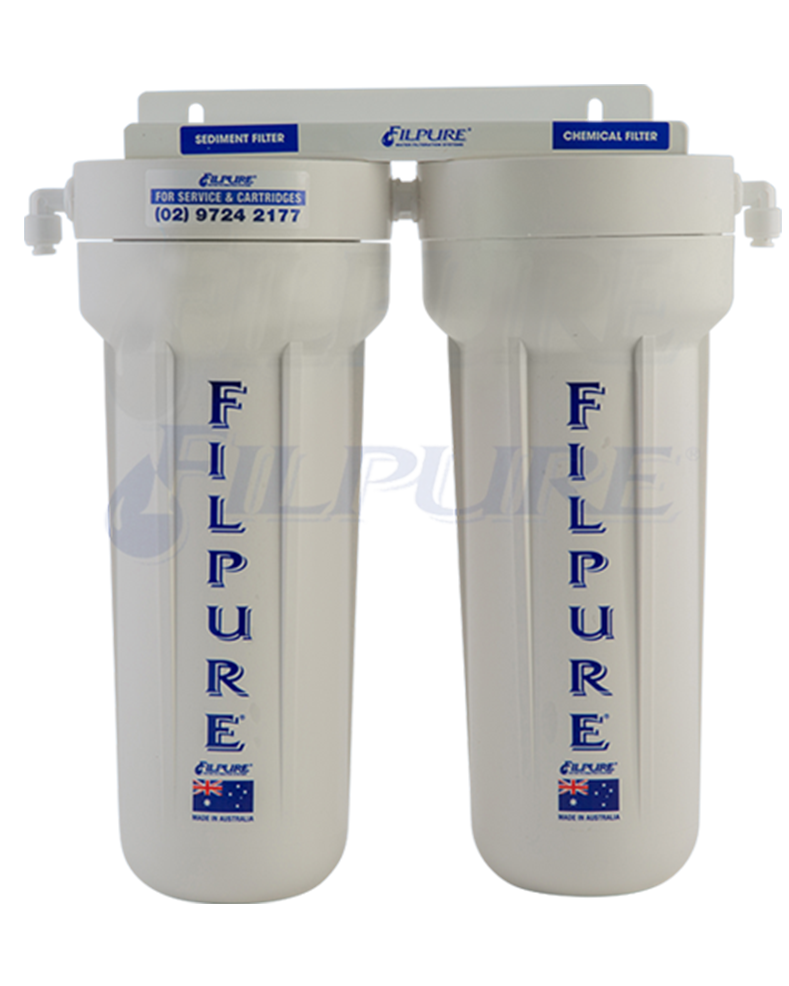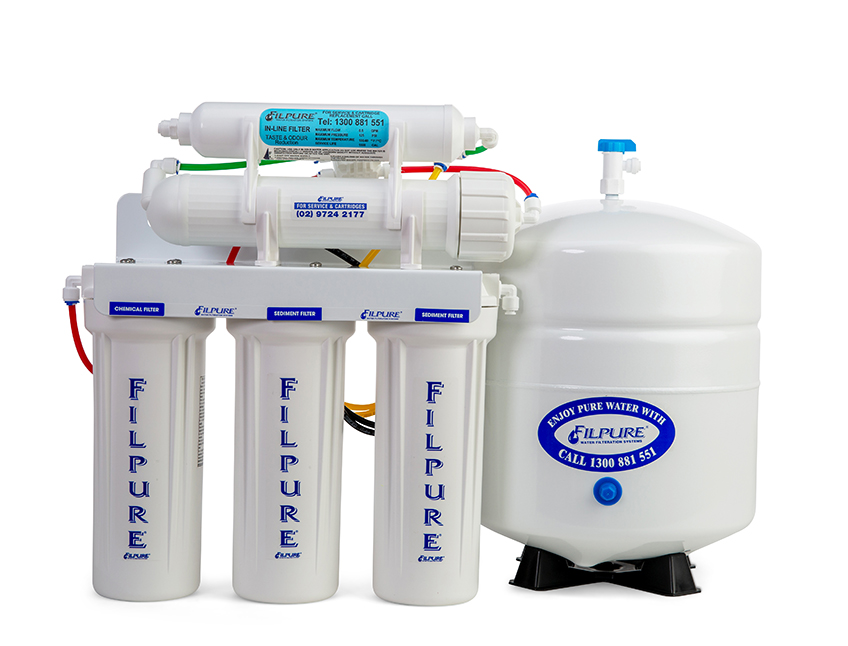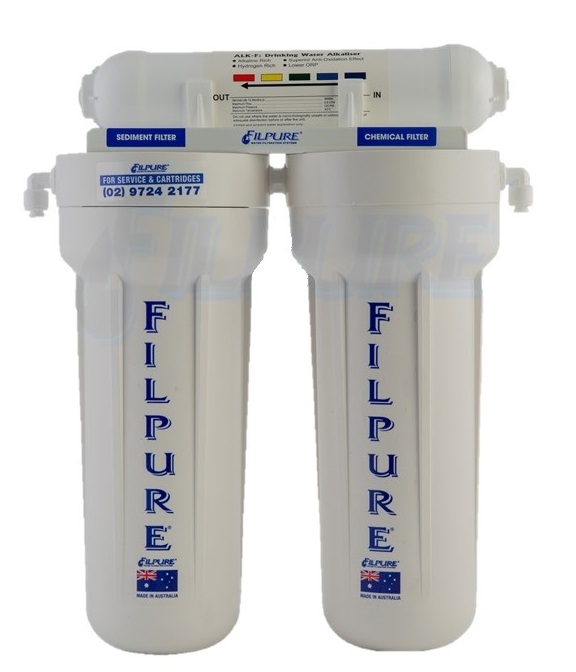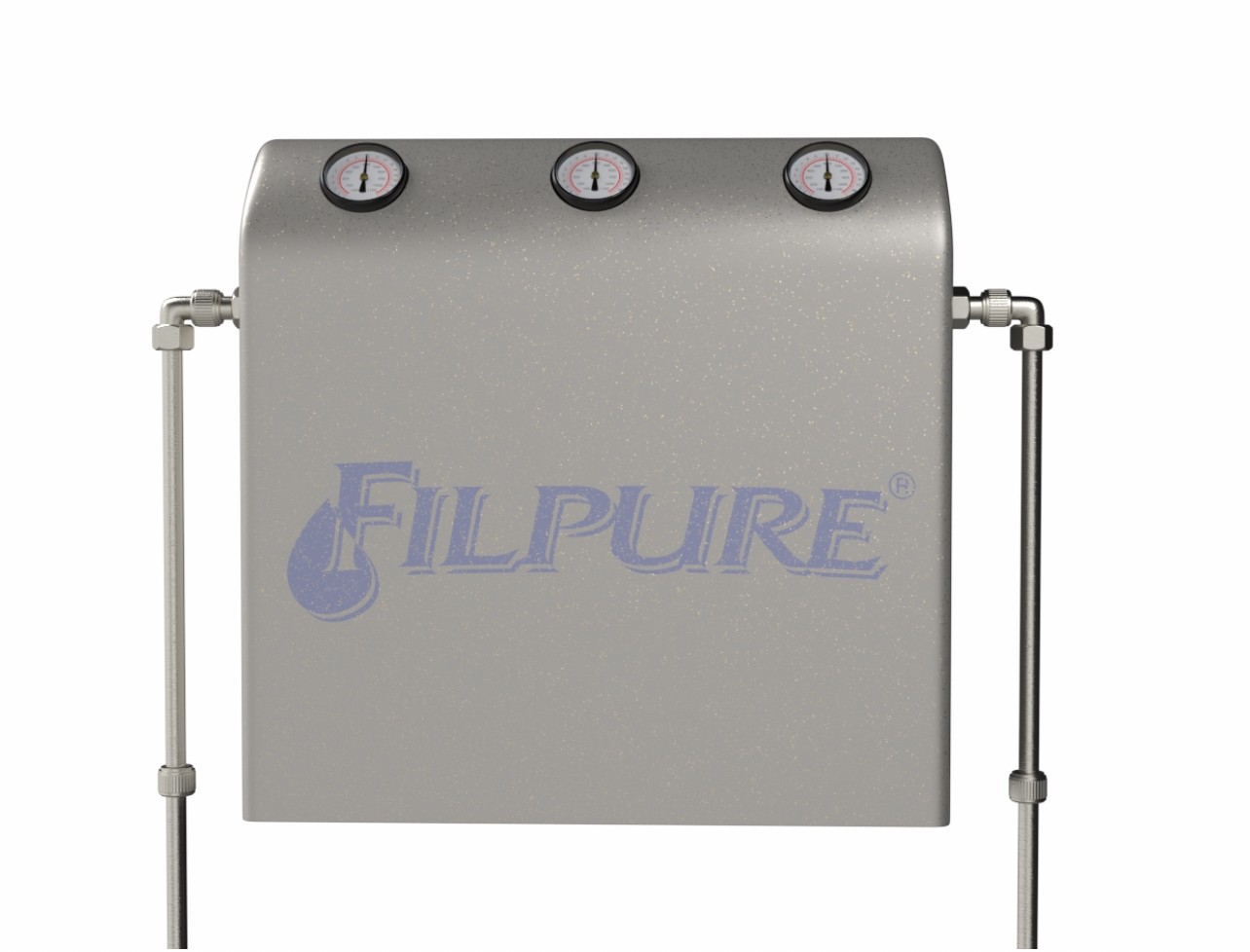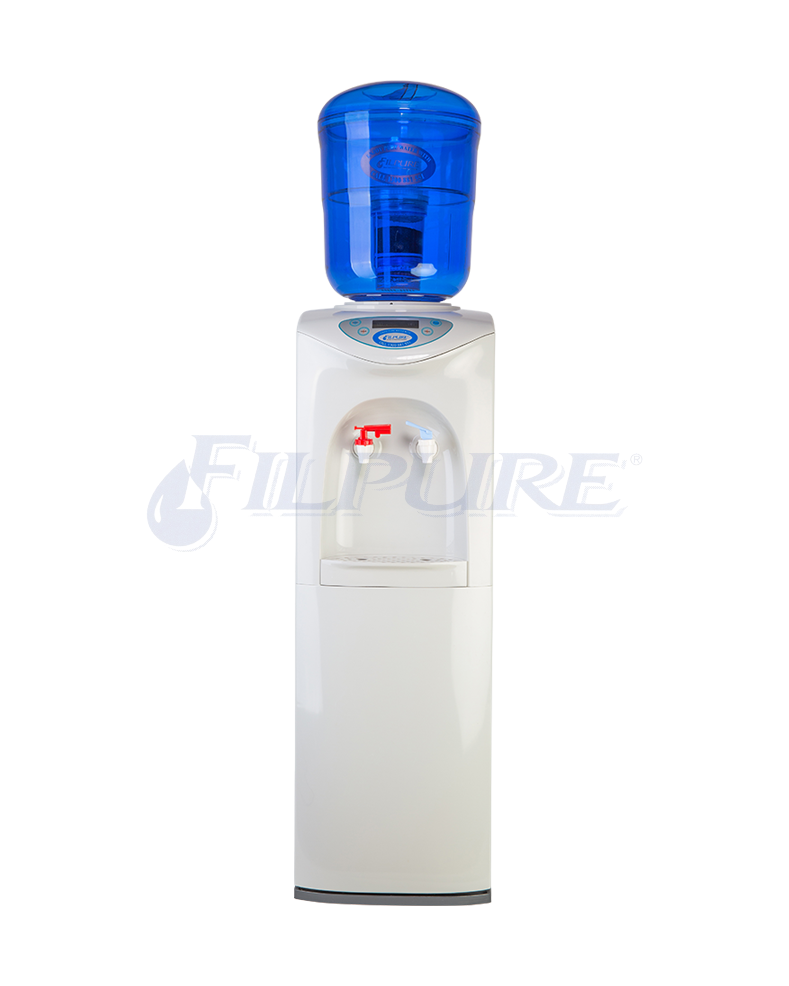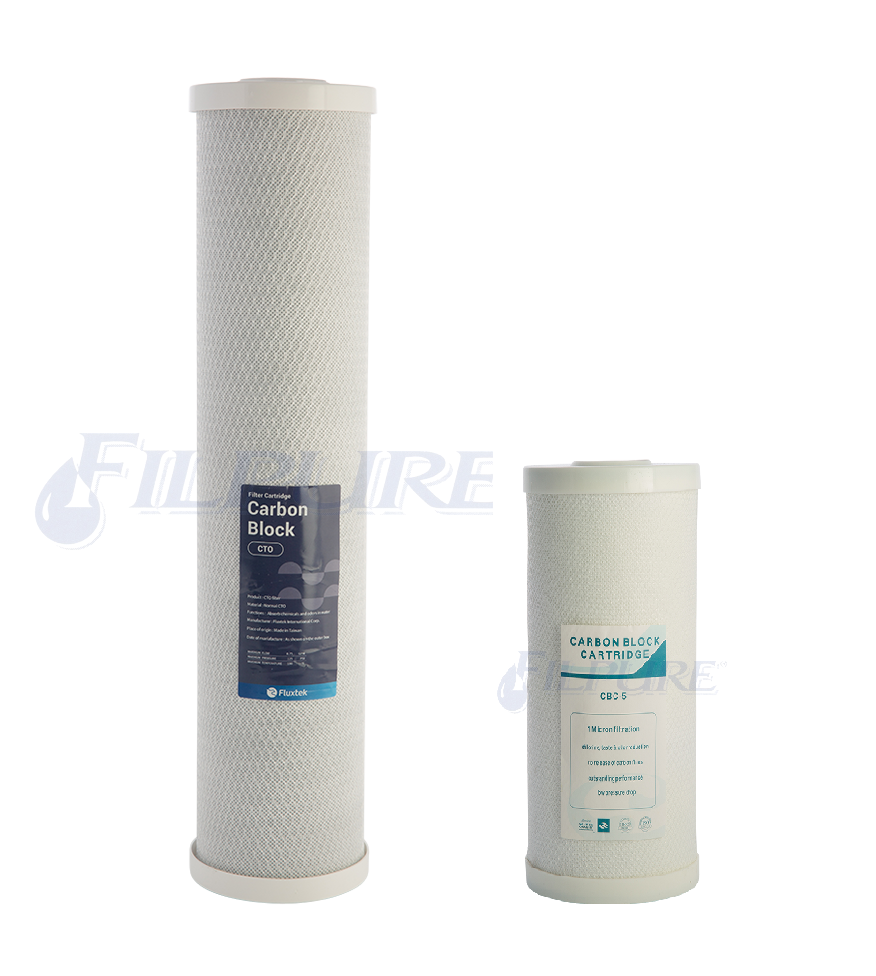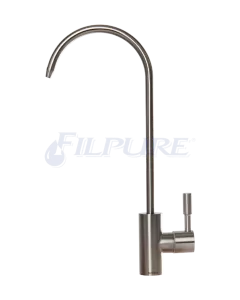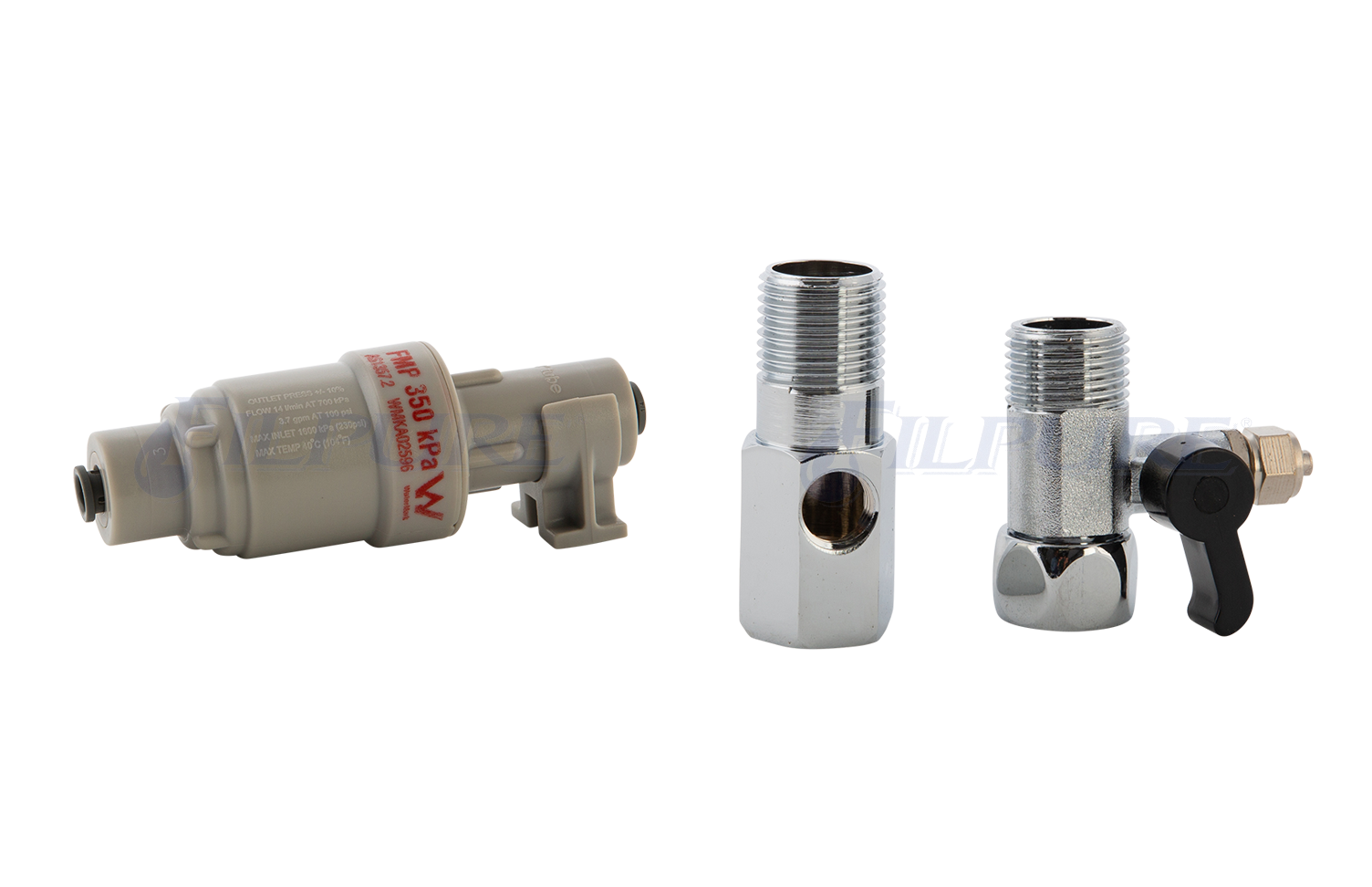Introduction
Clean and safe water is essential for our well-being. Whether you’re concerned about the taste, odor, or potential contaminants in your water, choosing the right water filtration system can make a significant difference. In this comprehensive guide, we’ll explore various types of water filters, their benefits, and how they work. By the end, you’ll be equipped to make an informed decision for your home.
- Activated Alumina (AA)
- Purpose: If you need to remove fluoride or arsenic from your water, AA is an excellent choice.
- How It Works: Made of aluminum oxide, AA has a highly porous structure that adsorbs harmful chemicals. It bonds with toxins, preventing them from leaking back into the environment.
- Applications: Ideal for purifying drinking water at home, industrial settings, and toxic waste cleanup.
- Alkaline and Water Ionizers
- Benefits: Alkaline or ionized water is believed to improve bone health, digestion, and hydration. It may even reduce the risk of certain diseases.
- How They Work: Alkaline water has a higher pH, while ionizers use electrolysis to split water into acidic and alkaline components.
- Considerations: Some studies support the health claims, but more research is needed.
- Reverse Osmosis (RO)
- Efficiency: RO systems remove up to 99% of contaminants, including heavy metals, bacteria, and viruses.
- Process: Water passes through a semipermeable membrane, leaving impurities behind.
- Maintenance: Regular filter changes are essential for optimal performance.
- Activated Carbon Filters
- Versatility: These filters remove chlorine, sediment, and organic compounds.
- How They Work: Activated carbon adsorbs impurities, improving taste and odor.
- Limitations: Not effective against dissolved minerals or some chemicals.
- UV Purification
- Disinfection: UV light kills bacteria, viruses, and other microorganisms.
- Pros: Chemical-free, no residual taste, and low maintenance.
- Cons: Doesn’t remove particles or dissolved solids.
- Mechanical Filters
- Types: Includes sediment filters, ceramic filters, and mesh screens.
- Function: Physically strain out particles and debris.
- Ideal for: Pre-filtering water before other treatments.
- Ion Exchange Filters
- Softening: Removes hardness (calcium and magnesium) from water.
- Exchange Process: Replaces calcium and magnesium ions with sodium ions.
- Use Cases: Commonly used for whole-house water softening.
- Membrane Filters
- Microfiltration and Ultrafiltration: Fine pores trap particles.
- Nanofiltration: Removes dissolved solids.
- Applications: Used in under-sink systems and point-of-use filters.
Conclusion
Choosing the right water filtration system depends on your specific needs, water quality, and budget. Consider factors like contaminants, maintenance, and installation. Whether you opt for RO, activated carbon, or UV purification, prioritize clean, refreshing water for your home. Remember, informed decisions lead to healthier lives.
For more information and product recommendations, visit our website at www.filpure.com.au Stay hydrated and stay healthy!

